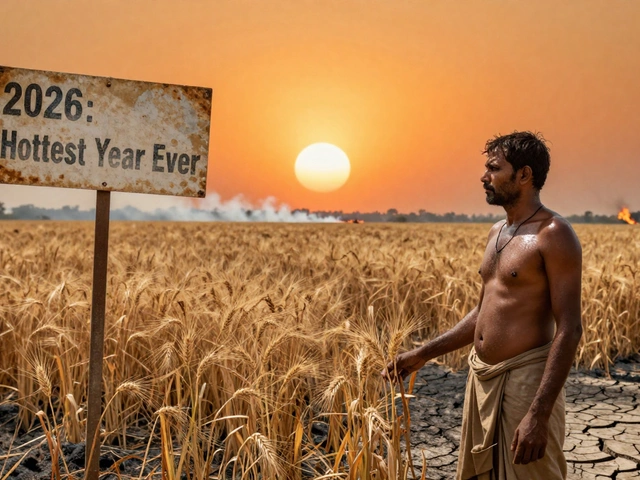Black Astronaut: Stories, Challenges, and the Future of Space Diversity
When we talk about a Black astronaut, a person of African descent who has been trained and certified to travel and work in space. Also known as African American astronaut, it refers to those who have flown with NASA, ESA, or other space agencies—breaking barriers in a field long dominated by a narrow demographic. The first Black astronaut in space was Guion Bluford in 1983, but his flight wasn’t an accident of timing—it was the result of decades of pushing back against systemic exclusion. His presence didn’t just make history; it proved that space wasn’t reserved for a select few.
Being a Black astronaut, a person of African descent who has been trained and certified to travel and work in space. Also known as African American astronaut, it refers to those who have flown with NASA, ESA, or other space agencies—breaking barriers in a field long dominated by a narrow demographic. means more than wearing a suit and floating in zero gravity. It means navigating a system that didn’t always want you there. From limited access to advanced STEM education in underfunded schools to subtle biases in selection panels, the path has never been easy. Yet, Black astronauts like Mae Jemison—the first Black woman in space—and Victor Glover, who flew on SpaceX’s Crew-1 mission, didn’t wait for permission. They built their own paths, often with little support, and turned every obstacle into a lesson.
It’s not just about who flies—it’s about who gets the chance to dream it. The NASA astronaut, a professional selected and trained by NASA to command, pilot, or serve as a crew member on a spacecraft. Also known as space traveler, it refers to individuals who undergo rigorous physical, technical, and psychological training for space missions. program has changed over time, but representation still lags. That’s why stories of Black astronauts matter—they show young students in rural India, in urban classrooms, or in towns without science labs that space isn’t out of reach. They’re proof that curiosity, grit, and hard work can override bias. And they’re why programs focused on STEM outreach, like those highlighted in our posts on public health programs and biotechnology careers, aren’t just about science—they’re about justice.
What you’ll find here aren’t just headlines. You’ll find real stories behind the missions, the science behind the selection, and the quiet battles fought before liftoff. These posts connect the dots between space exploration and the broader fight for equity in STEM—whether it’s how data scientists talk to people, how renewable energy jobs are reshaping careers, or how research funding systems often overlook diverse voices. This isn’t just about astronauts. It’s about who gets to be part of the next big leap—and how we make sure it’s not just a few.





